International Relations
Relations across the UK, Europe and globally are frequently changing, and have done so across our history. How these relations are recorded, monitored and treated are discussed in the collection of articles and podcasts here. The very concept of international relations is explored as are when boundaries and discussions between states and groups started to matter. What are the procedures, protocols and outcomes of a world according to the history of international relations are all under scrutiny?
Sort by:
Date (Newest first) | Title A-Z
Show:
All |
Articles |
Podcasts |
Multipage Articles
-
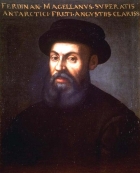
The Great Powers in the Pacific
ArticleClick to view -

The History of Afro-Brazilian People
ArticleClick to view -
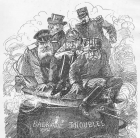
The Origins of the First World War
ArticleClick to view -
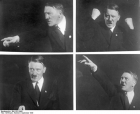
The Origins of the Second Great War
ArticleClick to view -
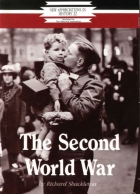
The Second World War
ArticleClick to view -

The Spice of Life? Ensuring variety when teaching about the Treaty of Versailles
ArticleClick to view -
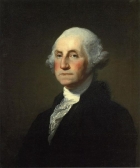
The War of American Independence
ArticleClick to view -

The archer's stake and the battle of Agincourt
ArticleClick to view -

Thinking about the ethical dimension
ArticleClick to view -
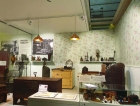
Triumphs Show 176: Using material culture as a means to generate an enquiry on the British Empire
ArticleClick to view -

Triumphs Show 193: Year 8 imagine the First World War trenches
ArticleClick to view -
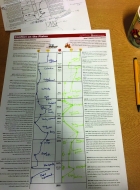
Using historical discourse to find narrative coherence in the GCSE period study
ArticleClick to view -

War Plan Red: the American Plan for war with Britain
ArticleClick to view -

Welsh archers at Agincourt: myth and reality
ArticleClick to view -

What Have Historians Been Arguing About... expanding the reach of the American Revolution
ArticleClick to view -

What Have Historians Been Arguing About... migration and empire
ArticleClick to view -
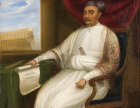
What Have Historians Been Arguing About... the British Empire and the age of revolutions in the global South
ArticleClick to view -
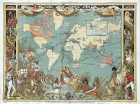
What Have Historians Been Arguing About... the impact of the British Empire on Britain?
ArticleClick to view -

What kinds of feedback help students produce better historical narratives of the interwar years?
ArticleClick to view -

Year 7 use oral traditions to make claims about the rise and fall of the Inka empire
ArticleClick to view

